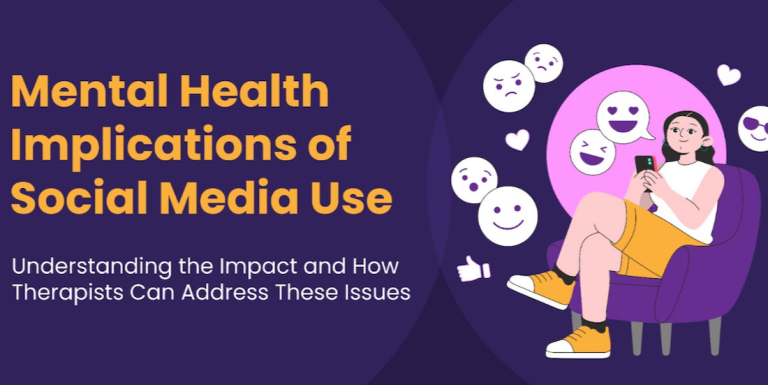
Experts urge balanced digital habits and face-to-face connections to protect well-being
New York, N.Y. — As social media platforms become ever more entwined with daily life, mental health professionals are sounding the alarm about the complex effects these digital spaces have on emotional well-being.
While apps like Facebook, Instagram, Reddit, Twitter, and TikTok offer unprecedented
opportunities for communication and personal growth, they also pose significant risks for
anxiety, depression, and loneliness, according to a recent analysis published on LinkedIn.
The Double-Edged Sword: Connection and Isolation
“Social media is a powerful tool, but it’s really the face-to-face interaction that makes a long-term impact,” says Felicia Day, highlighting a central tension in the digital age.
On one hand, platforms bridge distances, foster global conversations, and provide entertainment and educational resources. On the other, they can amplify feelings of inadequacy, fuel social comparison, and create a sense of isolation even as users remain constantly connected.
Mental health experts emphasize that the impact of social media is not universally negative or positive. Instead, outcomes depend on how individuals engage with these platforms. Excessive use, especially without mindful boundaries, is linked to increased anxiety, depression, and loneliness.
Research cited in the LinkedIn article notes that self-esteem issues are among the most common concerns raised in therapy sessions, often exacerbated by the curated realities and relentless comparisons found online.
The Role of Mental Health Professionals in the Digital Era
Therapists are adapting their practices to address the changing landscape of mental health in the digital age. “With the changing times, the patterns of mental health issues have also changed,” the article notes, urging professionals to stay current with social media trends and their psychological impacts.
Mental health practitioners are increasingly integrating digital literacy into their sessions. They help clients recognize both the benefits and pitfalls of social media, encouraging a nuanced understanding rather than blanket avoidance. “It’s a conversation that comes up frequently in sessions, and for good reason. Clients often struggle with the impact of their digital lives on their mental well-being,” the article states.
Psycho-Education: Building Healthy Digital Habits
A cornerstone of therapeutic intervention is psycho-education—helping clients understand the realities of social media and develop healthier usage patterns. Therapists often begin by exploring clients’ perspectives: “What are your views on social media?” This open-ended question allows for a personalized approach, recognizing that not everyone is affected in the same way or has equal access to digital spaces.
The article stresses the importance of moderation. “If used in moderation, it will definitely help us in connecting with others and promoting growth in our lives,” the author writes. Therapists guide clients toward mindful consumption, encouraging them to focus on offline activities that foster well-being, such as exercise, hobbies, or spending quality time with loved ones.
Promoting Face-to-Face Socialization
To counteract the isolating effects of online life, therapists advocate for increased in-person interactions. “Encouraging clients to build and maintain real-life relationships can significantly improve their emotional health,” the article asserts. Strategies include joining clubs, attending community events, or simply reaching out to friends for coffee. For those anxious about socializing, therapists may use gradual exposure techniques to reduce discomfort and build confidence in offline settings.
Coping with Cyberbullying and Digital Stress
The dark side of social media—cyberbullying, harassment, and privacy violations—requires targeted coping strategies. The article recommends empowering clients to block or report bullies, adjust privacy settings, and seek support from trusted friends, family, or professionals. Providing a safe therapeutic space to process emotions and fears is essential for recovery and resilience.
Striking a Healthy Balance
Ultimately, the goal is not to eliminate social media from clients’ lives, but to help them find a sustainable balance. “Not an exclusion of social media, rather how we use it and whether our usage bolsters or detoxes well-being,” the article concludes. Therapists are uniquely positioned to support clients in negotiating the digital world, ensuring that online engagement enhances rather than undermines mental health.